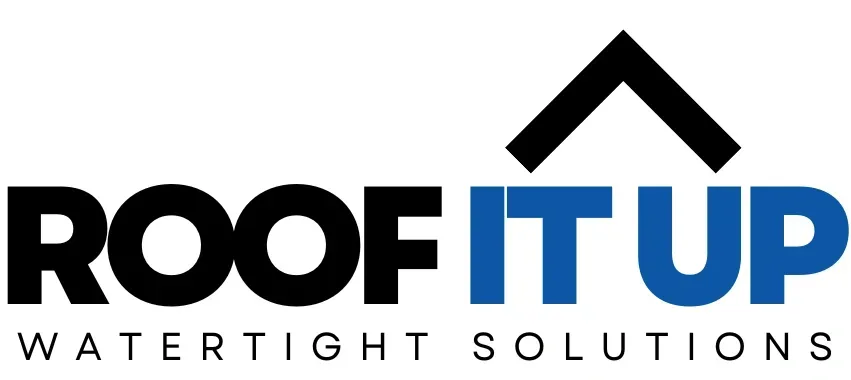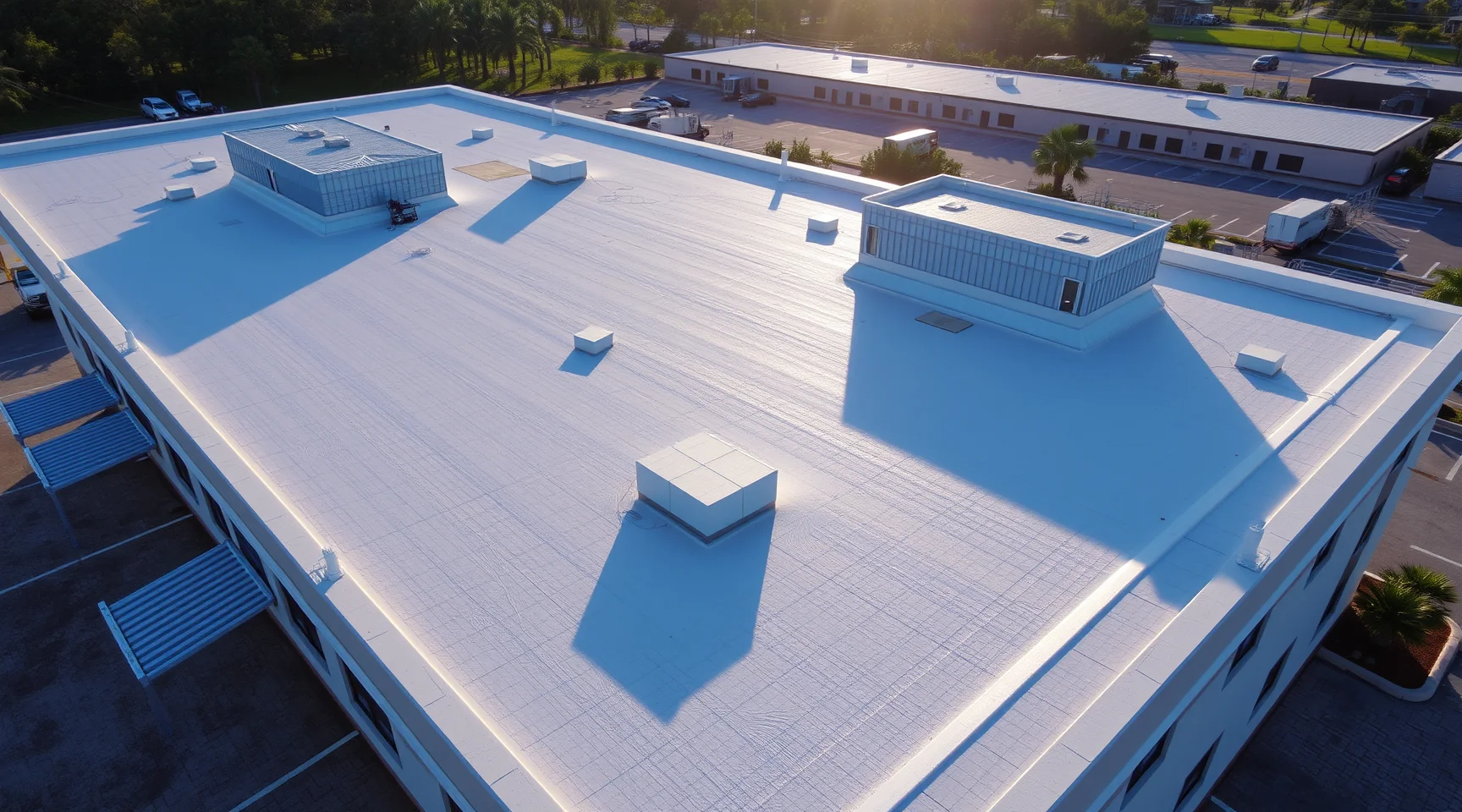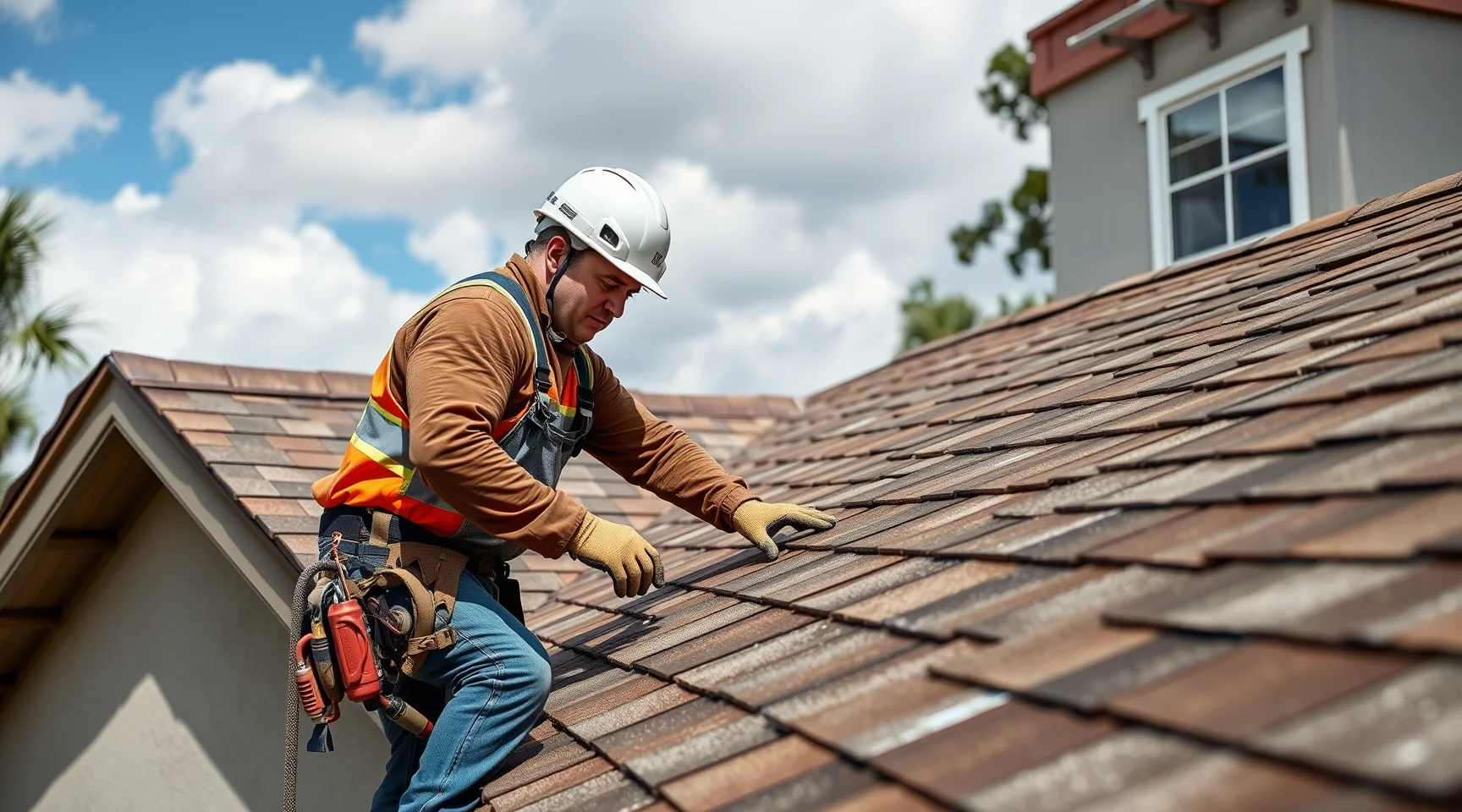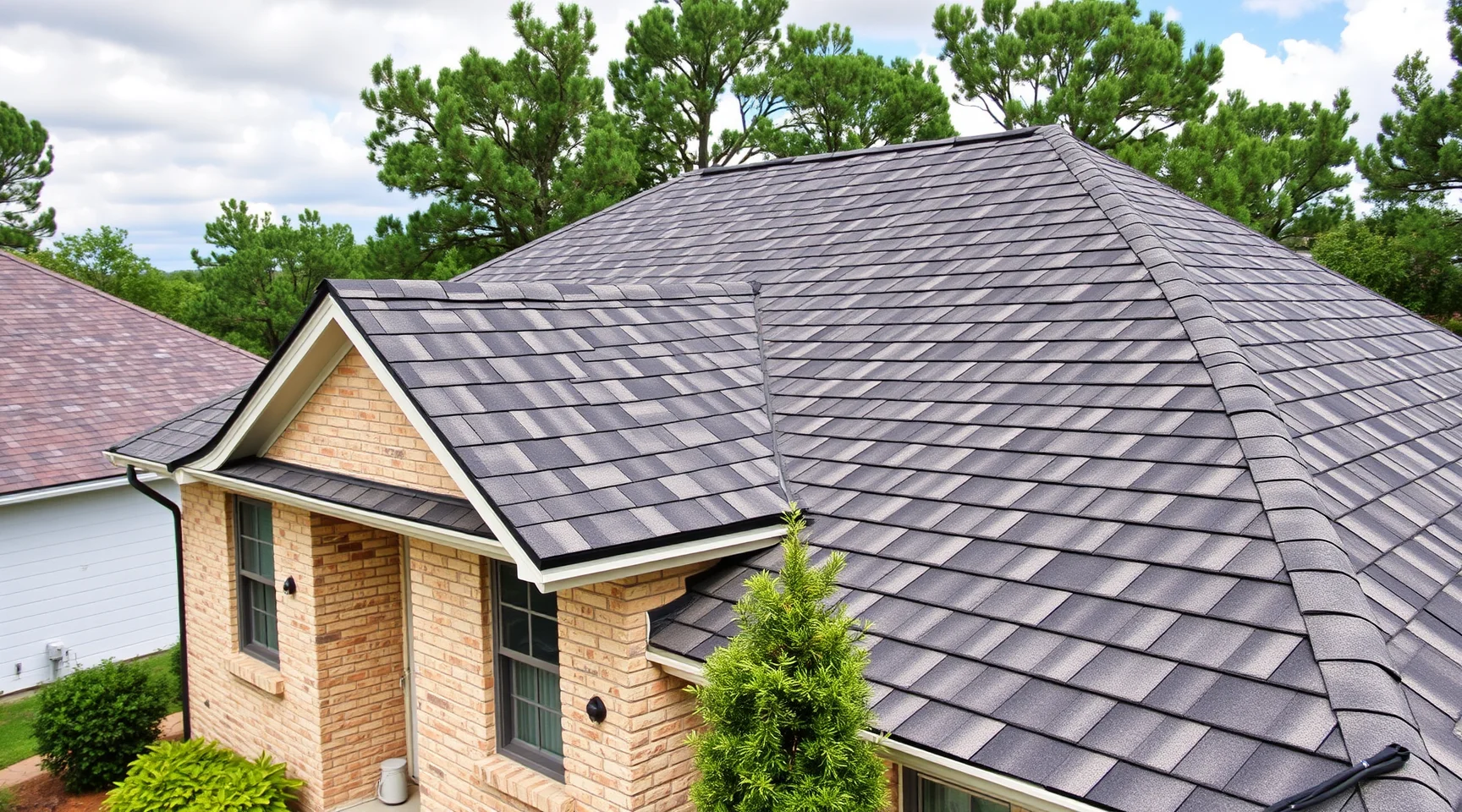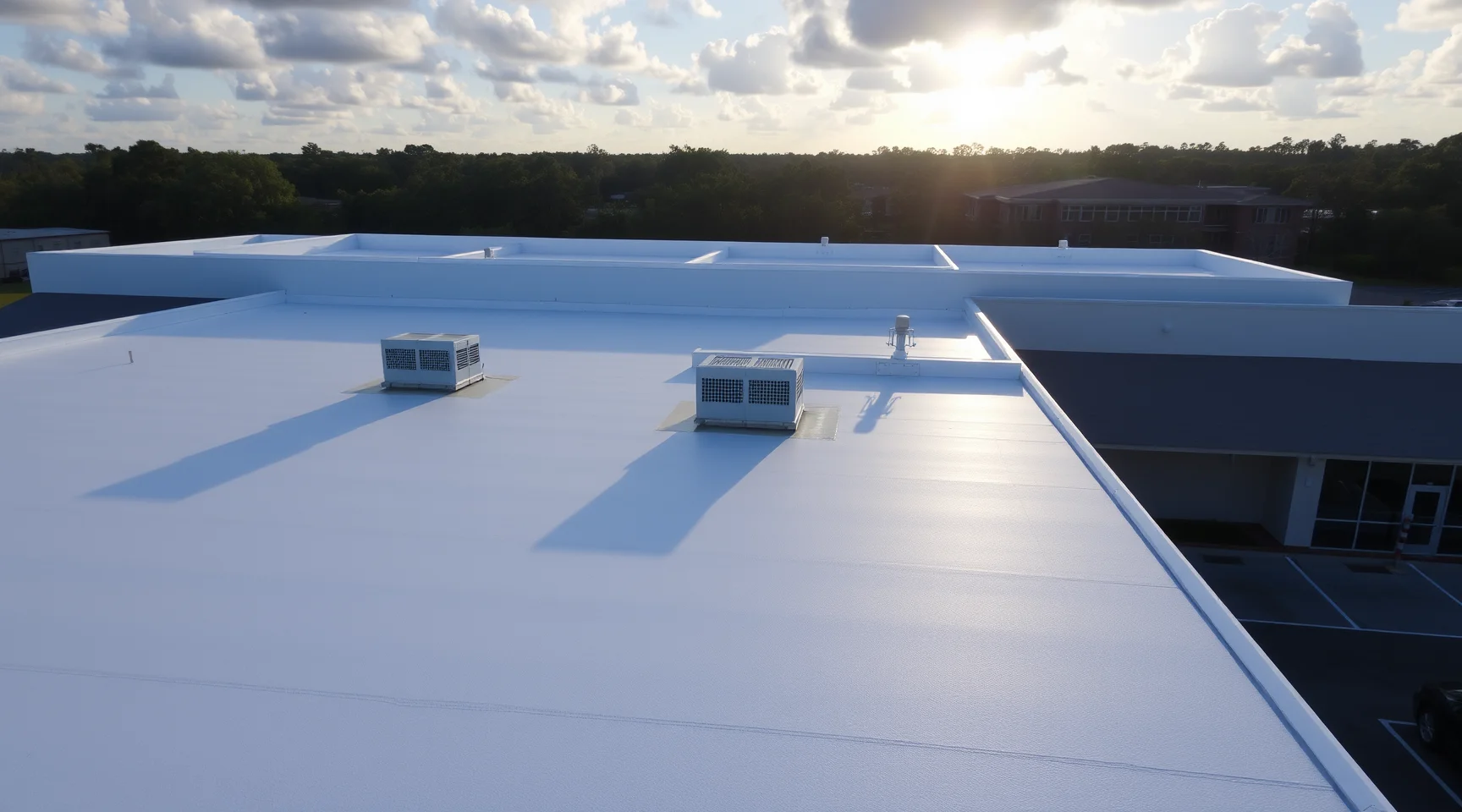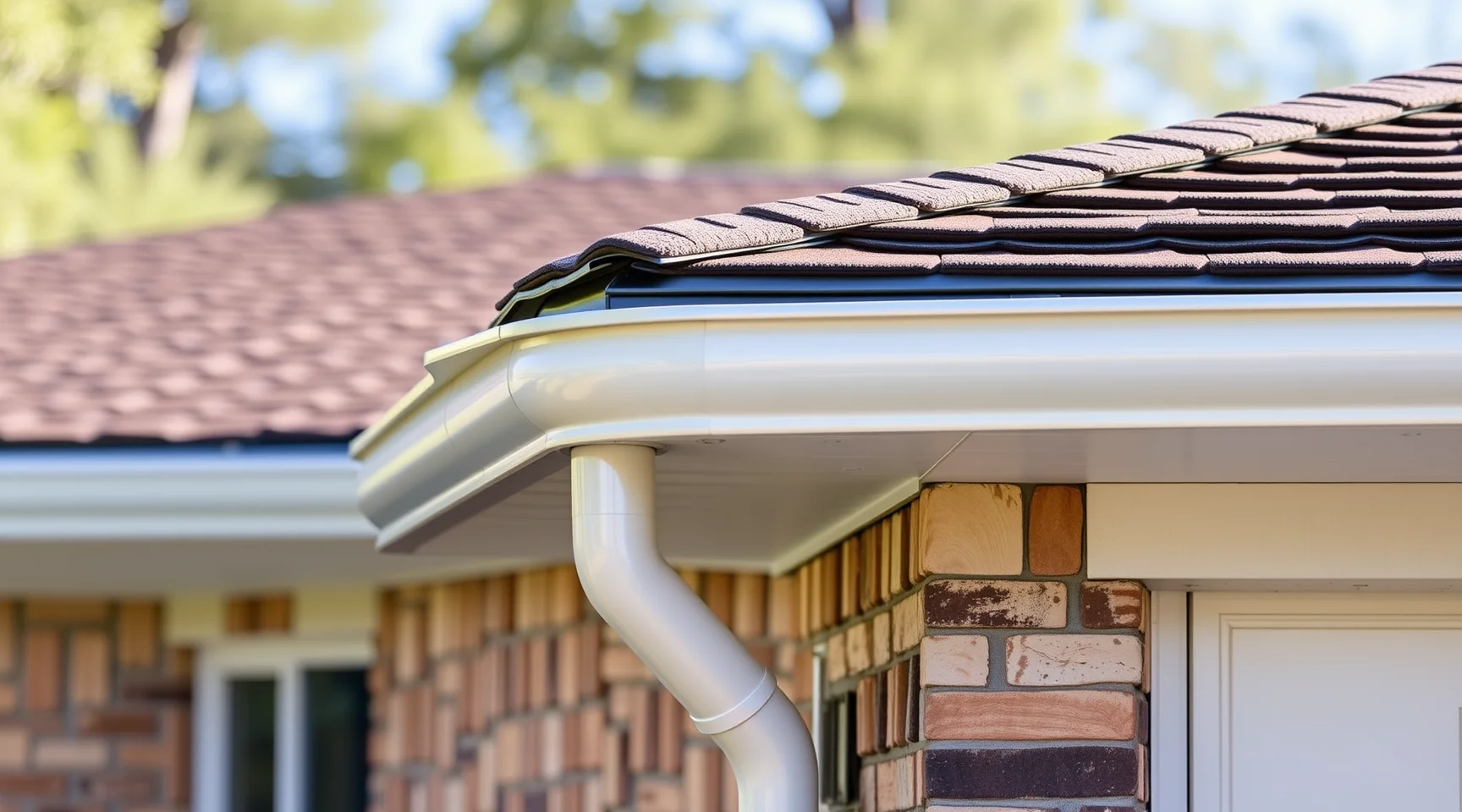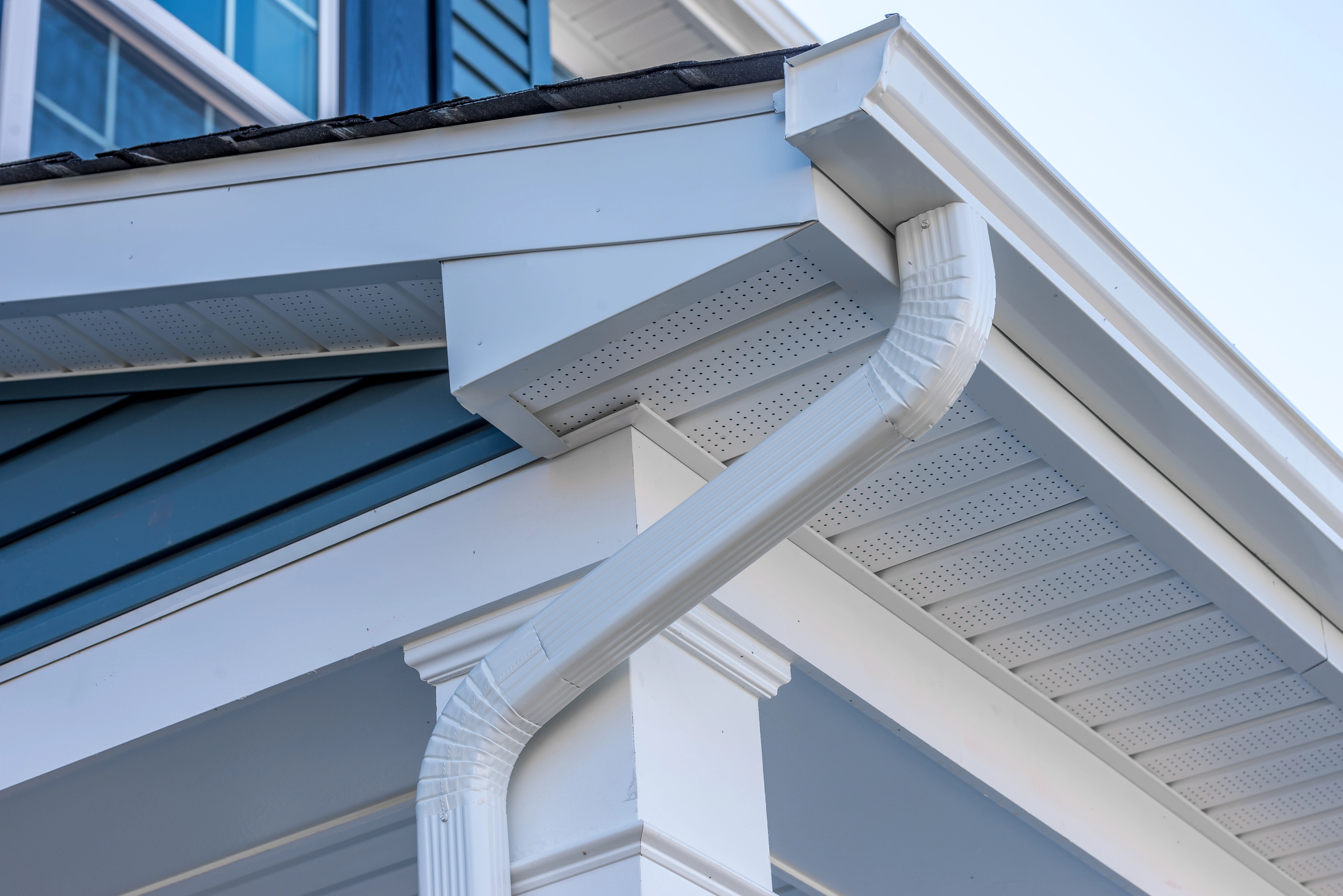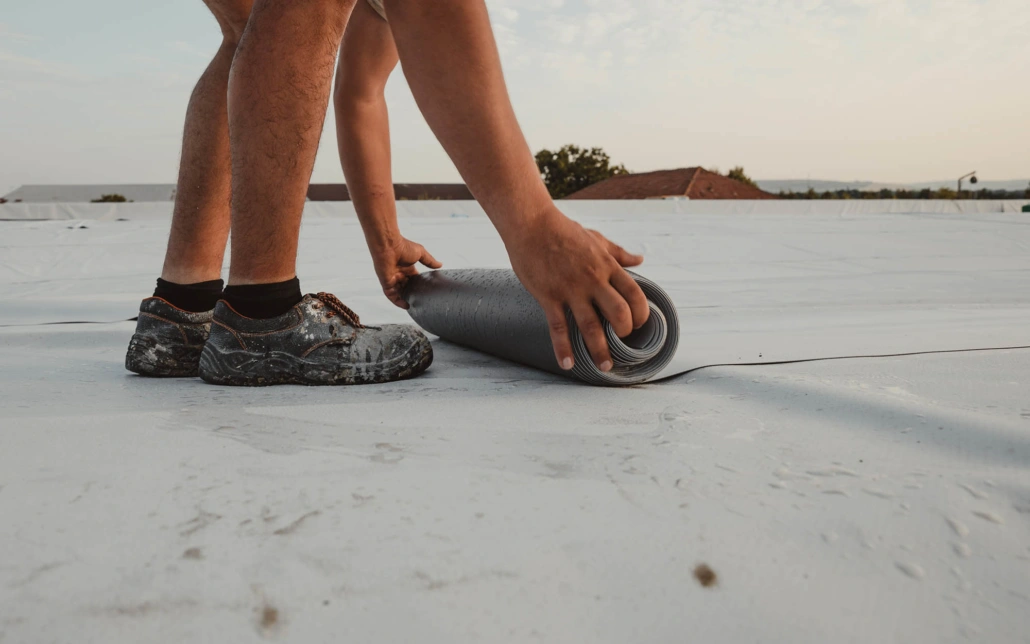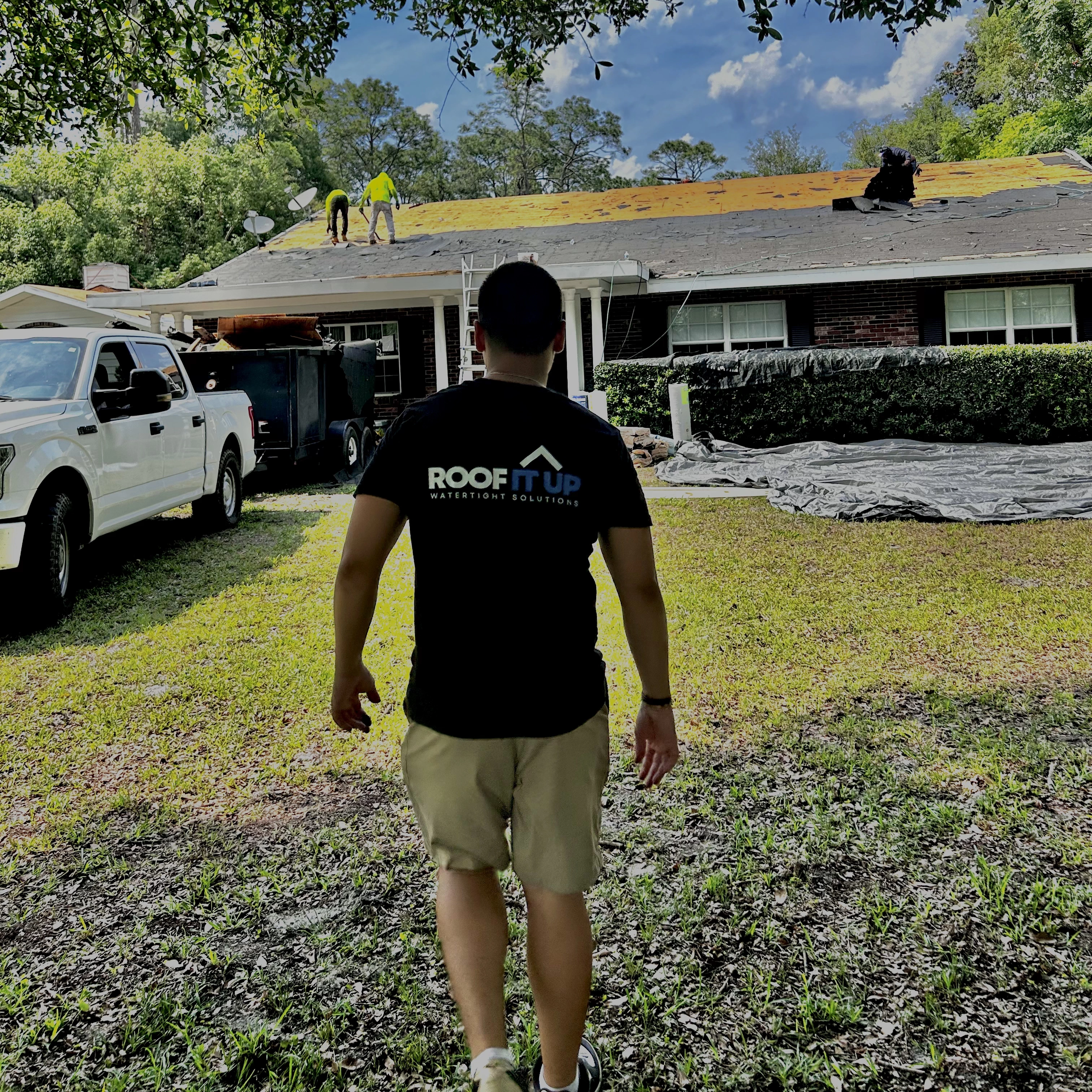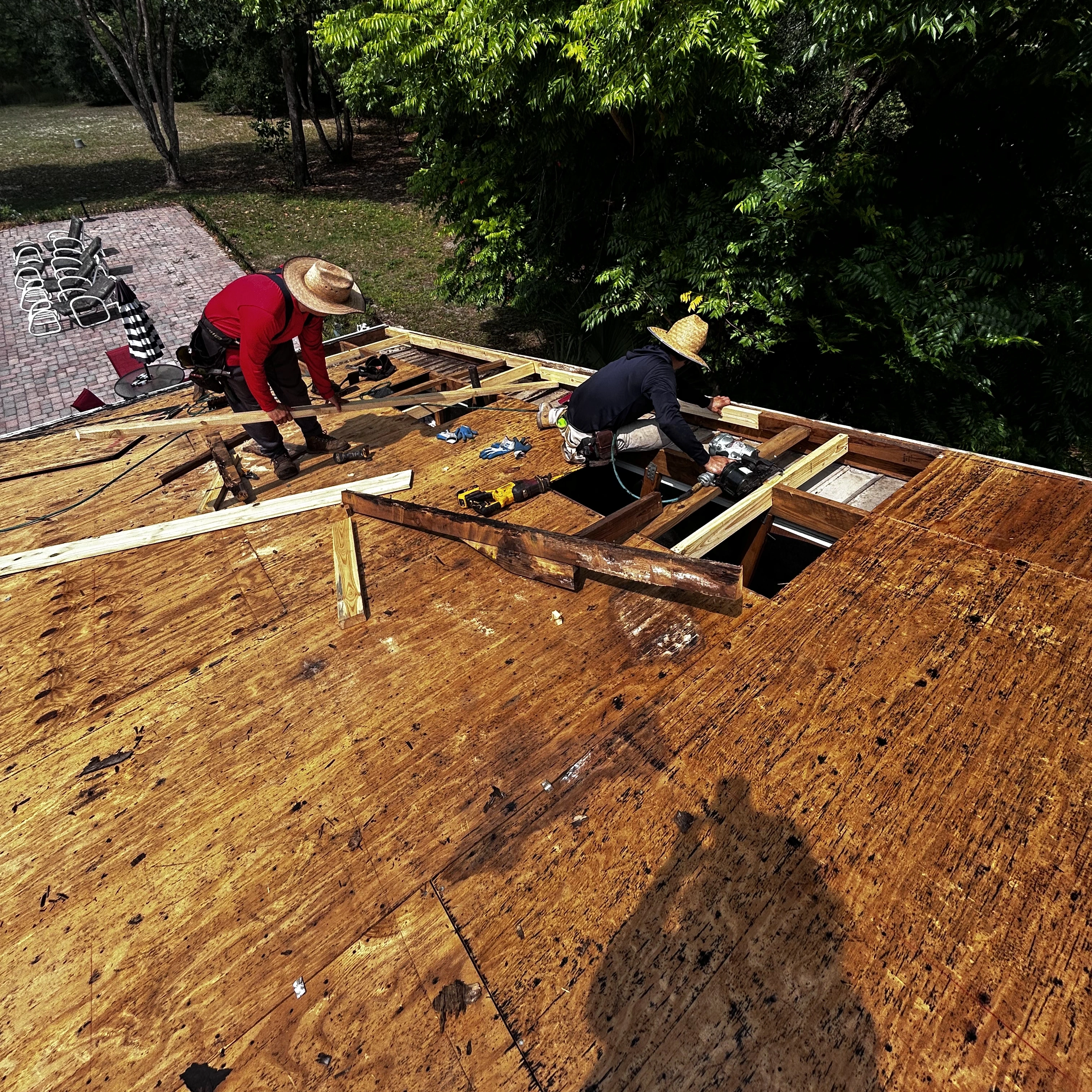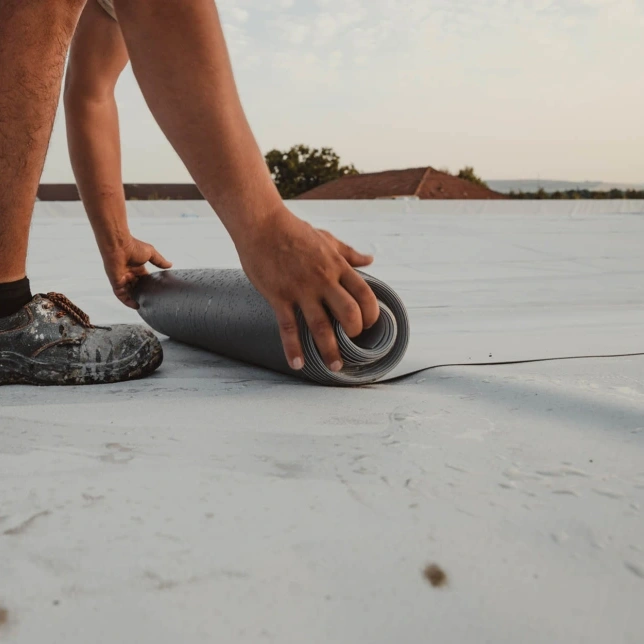
Roofing License: Complete Guide to Get Your Roofing License Today
Understanding the Requirements: Your Comprehensive Guide to Obtaining a Roofing License
Embarking on a career in the roofing industry offers numerous opportunities, from residential projects to large-scale commercial endeavors. However, before you can legally operate as a roofing contractor, acquiring a valid roofing license is a crucial step. This comprehensive guide provides in-depth insights into the essential requirements, the application process, and actionable tips to help you navigate the licensing journey effectively.
What is a Roofing License and Why Is It Necessary?
A roofing license is an official credential issued by state or local authorities that authorizes an individual or a business to perform roofing work legally. It serves multiple purposes, including ensuring quality workmanship, adhering to safety standards, and protecting consumers. Without a valid roofing license, contractors risk legal consequences, financial penalties, and damaging their professional reputation.
Who Needs a Roofing License?
Most states and municipalities require roofing licensees to perform projects above certain monetary thresholds. Generally, if you undertake roofing work exceeding specified dollar amounts, a license becomes mandatory. Even for small-scale projects, possessing a license can boost credibility and demonstrate professionalism. It's vital to check your specific jurisdiction's regulations to determine licensing requirements.
What Are the Core Roofing License Requirements?
While requirements vary by location, some common elements are typically necessary across most jurisdictions:
Age and Legal Eligibility: Usually, applicants must be at least 18 or 21 years old and possess legal authorization to work in the country.
Experience and Qualifications: Demonstrating relevant work experience, often ranging from 2 to 4 years or more, is vital. Some regions may require proof of prior projects or employment records.
Educational Background: A high school diploma or equivalent is generally expected. Additional training or certifications in roofing techniques or safety are advantageous.
Business Registration and Insurance: Contractors often need to register a business entity and hold liability insurance and workers’ compensation coverage to protect clients and employees.
Passing an Examination: Many jurisdictions require passing a licensing exam that covers safety protocols, building codes, and roofing practices.
Financial Statements and Background Checks: Some licensing boards evaluate financial stability and conduct background checks to ensure credibility and responsibility.
How Do You Apply for a Roofing License?
The application process involves several key steps that demand careful preparation:
Gather Necessary Documentation: Prepare proof of experience, certification copies, business registration documents, insurance policies, and financial statements.
Complete the Application Form: Fill out the licensing application provided by your state or local licensing authority, ensuring accuracy and completeness.
Pay Application Fees: Submit the required fees, which vary depending on the jurisdiction and license type.
Schedule and Pass the Exam: Prepare thoroughly for the licensing exam by reviewing relevant codes, safety standards, and best practices.
Await Approval: After submission, licensing agencies review your application and may conduct interviews or inspections before approval.
What Are Key Tips to Secure Your Roofing License Faster?
Securing a roofing license can be a complex process, but strategic planning can streamline it:
Invest in Relevant Education and Training: Completing recognized roofing courses improves your knowledge base and demonstrates commitment.
Build a Strong Work Portfolio: Document your experience with detailed project records, photos, and references.
Maintain Accurate Documentation: Keep organized records of all licenses, certifications, and insurance policies for easy submission.
Connect with Licensing Experts: Consult with professionals specializing in contractor licensing or legal advisors to ensure compliance.
Stay Informed on Local Regulations: Regularly check with your licensing authority for updates to requirements and procedures.
Can You Obtain a Roofing License Online?
Many jurisdictions now offer online application portals, making the process more accessible and efficient. However, certain steps such as exams or in-person interviews may still require physical attendance. It’s essential to verify your local licensing board’s options and instructions to ensure a smooth application process.
How Do Licensing Requirements Differ Across States?
Each state maintains its own set of rules and standards for roofing contractors. For example, Florida has specific licensing exams and insurance requirements. It’s critical to consult your state’s licensing board or official website for tailored guidance. Additionally, some states categorize licenses into classifications depending on project size or complexity, such as residential or commercial roofing licenses.
What Are the Benefits of Being Licensed as a Roofing Contractor?
Beyond legal compliance, obtaining a roofing license offers several advantages:
Enhanced Credibility: Clients prefer licensed contractors for quality assurance.
Access to Larger Projects: Many commercial and government contracts require licensed vendors.
Insurance and Bonding Opportunities: Licensing often enables contractors to qualify for bonding and better insurance options.
Professional Development: The licensing process encourages ongoing education, keeping you current with industry standards.
How Can I Improve My Chances of Passing the Licensing Exam?
Preparing thoroughly is key. Consider the following strategies:
Study Relevant Codes and Regulations: Focus on building codes, safety standards, and local ordinances.
Use Practice Exams: Many licensing boards provide sample questions or practice tests to simulate the exam environment.
Attend Prep Classes: Enroll in training courses designed specifically for roofing licensing exams.
Review Industry Literature: Read authoritative guides and manuals to deepen your understanding.
Join Industry Associations: Networking with other roofing professionals can provide insights and shared resources.
Are There Common Challenges When Applying for a Roofing License?
Yes, many applicants encounter obstacles such as incomplete documentation, misinterpreting licensing requirements, or inadequate preparation for exams. Ensuring due diligence, seeking advice from licensing professionals, and dedicating ample time to study can mitigate these issues. Being proactive and organized significantly increases your chances of success.
How Does Roof It Up Support Aspiring Roofing Contractors?
At Roof It Up, we understand the complexities involved in obtaining your roofing license. Our team offers comprehensive guidance, from assessing your experience to preparing documentation and licensing exam prep. For instance, if you’re interested in exploring specialized roofing projects, we offer insights on best roofing solutions for historic homes. We’re committed to helping you build a solid foundation for your roofing career, ensuring you meet all licensing standards with confidence.
Where Can You Find Reliable Resources to Help You Get Licensed?
Several authoritative sources provide valuable information and resources:
Storm damage roof repair services: Learn about emergency repairs and licensing implications.
Roof deck condition assessment: Know when repairs or improvements need licensing considerations.
Affordable roofing services in Groveland, Florida: Find local licensed professionals for your roofing needs.
What Are the Next Steps After Obtaining Your Roofing License?
After successfully acquiring your roofing license, focus on establishing your business, marketing your services, and maintaining compliance with ongoing licensing renewal requirements. Prioritize continual education to stay current with evolving industry standards and build a reputation for excellence.
Frequently Asked Questions (FAQ)How long does it typically take to get a roofing license?
The timeline varies by jurisdiction but generally ranges from a few weeks to several months, depending on the completeness of application materials and exam scheduling.
Is prior experience mandatory to apply for a roofing license?
Most licensing authorities require proof of relevant work experience, often between 2 to 4 years, to demonstrate your competence in roofing projects.
Can I operate as an unlicensed roofer if I work under a licensed contractor?
In some cases, working as an employee or subcontractor does not require a license; however, performing independent contracting work without licensing is illegal and can lead to penalties.
What ongoing requirements exist once I have a roofing license?
Renewal of your license may involve continuing education, renewal fees, and compliance with updated safety or industry standards.
How does a roofing license benefit my clients?
Having a license provides clients with confidence in your skills, assures adherence to safety codes, and often permits you to access larger, more lucrative projects.
Obtaining a roofing license is a fundamental step toward establishing yourself as a reputable, compliant, and successful contractor. By understanding the requirements, preparing thoroughly, and staying informed, you can navigate the licensing process with confidence and set the foundation for a thriving roofing business.
